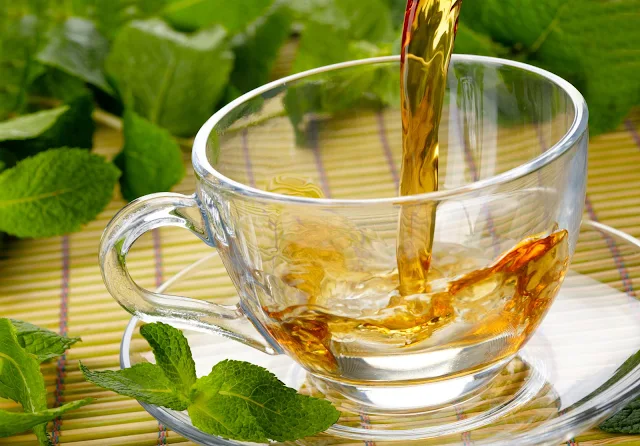Green and black teas contain the most benefits and 2 to 3 cups of tea are recommended per day for adults. Drinking decaffeinated tea is a smart choice for those who need to avoid or limit caffeine.
Polyphenols
Polyphenols are plant compounds with antioxidant properties thought to be more effective than vitamin C. The polyphenols in tea are known as catechins. There are two processes used to decaffeinate tea. One that uses ethyl acetate only retains 30 percent of the polyphenols. The other, more natural way uses only water and carbon dioxide and retains 95 perfect of the polyphenols. Decaf tea is a smart alternative to caffeinated tea.
Antioxidants
Antioxidants fight free radicals that can change cells, damage DNA and cause cell death. Free radicals can lead to cancer and heart disease and speed the aging process. Antioxidants in decaffeinated tea, especially green tea, can help neutralize free radicals and may reduce or prevent the damage they cause. Green and black teas provide the most antioxidants.
Reduced Cancer Risk
Clinical studies have shown that both black and green tea protect against cancer, according to the University of Maryland Medical Center. Polyphenols in tea may kill cancerous cells and prevent them from growing. Tea helps to prevent against certain cancers such as bladder, gastric, ovarian and pancreatic cancers, according to the Mayo Clinic. Researchers found that women under the age of 50 who drank 3 or more cups of tea per day were 37 percent less likely to develop breast cancer than those who did not consume tea.
Lowers Cholesterol
Tea can lower total cholesterol and raise HDL, the good cholesterol. Polyphenols may block cholesterol from being absorbed in the intestine and help rid the body of it. In a study of male smokers, drinking green tea reduced blood levels of the harmful kind of cholesterol, LDL. Drinking tea can also assist in preventing atherosclerosis, a condition in which the artery walls thicken due to accumulation of fatty materials, through reduction of cholesterol and triglyceride levels. According to the University of Maryland Medical Center, the rate of heart attack decreases 11 percent by drinking 3 cups of tea per day. However, the U.S. Food and Drug Administration does not allow tea makers to claim that tea reduces these risks.
Information from Nutritionist review
Copyright © 2004 & 2012 Ibrahim Mohamed! Inc. All rights reserved.e-mail:ibrahimmohd@gmail.com




No comments:
Post a Comment